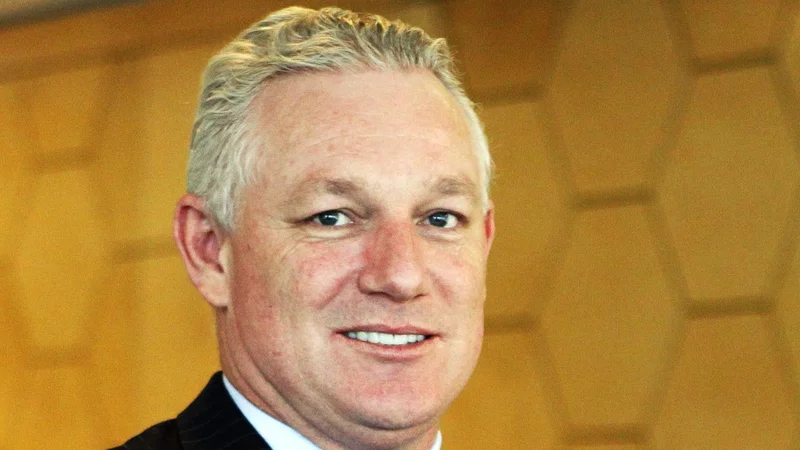Article Directory
Okay, everyone, buckle up because this isn't just about a dog in a CEO outfit—this is about the blurring lines between memes, markets, and the maestros who conduct them. When Elon Musk tweeted that picture of his Shiba Inu, Floki, back "on the job" as 𝕏 CEO, the FLOKI token exploded. We're talking a 20% surge in hours, trading volumes skyrocketing 802% to over half a billion dollars, and the meme coin becoming the top trending crypto on CoinGecko. Honestly, when I saw those numbers, I had to double-check I wasn't dreaming! This isn't just market volatility; it's a glimpse into how social media, celebrity influence, and decentralized finance are converging.
The Meme Economy is Here
Think about it: Musk jokingly suggested Floki as Twitter CEO back in 2023, sparking a 140% rally then. Now, years later, a single image sends FLOKI's market cap soaring past $830 million. It's easy to dismiss this as another meme coin pump-and-dump, but I think that’s missing the bigger picture. What we're seeing is the emergence of a new kind of economy—a meme economy—where value is driven by cultural resonance, community sentiment, and the viral power of social media. It’s like the early days of the internet all over again, when people were figuring out how to build businesses on this new frontier.
The FLOKI team is clearly in on the joke, responding with their own post referencing Musk's dog and promoting their AI-generated video app. They understand that in this new landscape, engagement is everything. And it's not just FLOKI; the broader meme coin market jumped nearly 6%, hitting a total market cap of $64.4 billion. This isn't just about individual coins; it's about a whole new asset class finding its footing.
But here's the question that keeps swirling in my mind: how do we ensure this meme economy is sustainable and equitable? How do we prevent manipulation and protect investors from getting burned? It's a complex challenge, but one we need to tackle head-on. This is not just about making money; it’s about building a new financial system.
What if this is more than just a speculative bubble? What if it's a sign that traditional financial institutions are losing their grip on the collective imagination? It’s like when Gutenberg invented the printing press; suddenly, information was no longer controlled by a select few.

The Dawn of Decentralized Influence
This whole Floki saga underscores how influence is becoming increasingly decentralized. It’s no longer just about CEOs in corner offices; it's about anyone with a smartphone and a compelling narrative. This shift presents incredible opportunities for innovation and creativity, but it also raises important questions about responsibility and accountability. According to CoinCentral, the Floki Price: Token Surges 20% After Elon Musk Posts Image of Dog as X CEO.
We need to start thinking about how to build guardrails for this new era of decentralized influence. How do we ensure that social media platforms are transparent about sponsored content and influencer marketing? How do we educate investors about the risks and rewards of meme coins and other alternative assets? These aren't just technical challenges; they're ethical ones.
And, honestly, this is the kind of breakthrough that reminds me why I got into this field in the first place. The possibilities are endless—imagine a world where anyone can create and monetize their own digital assets, where value is determined by community consensus, and where financial power is distributed more equitably than ever before.
A Glimpse of the Future?
Of course, there are risks. The volatility of meme coins is undeniable, and the potential for manipulation is real. But I believe that the long-term trend is clear: the future of finance is decentralized, social, and driven by community. The question isn't whether this will happen, but how quickly and how responsibly.
